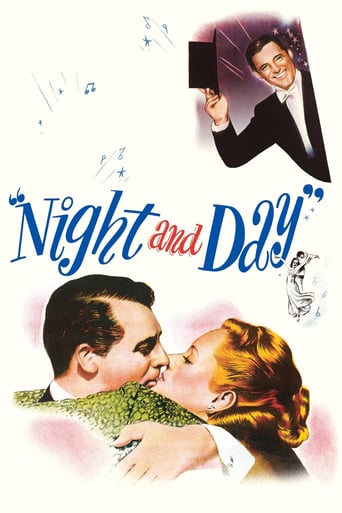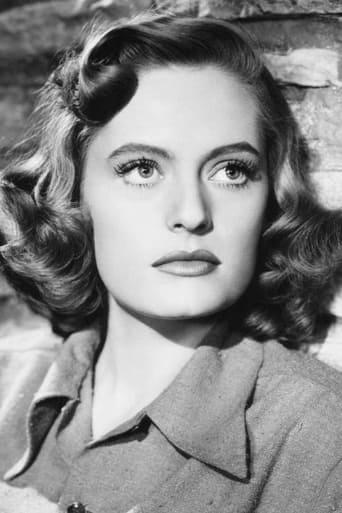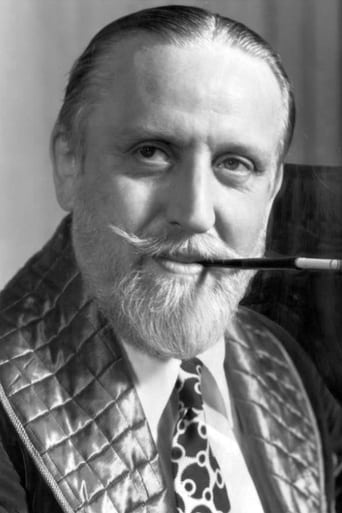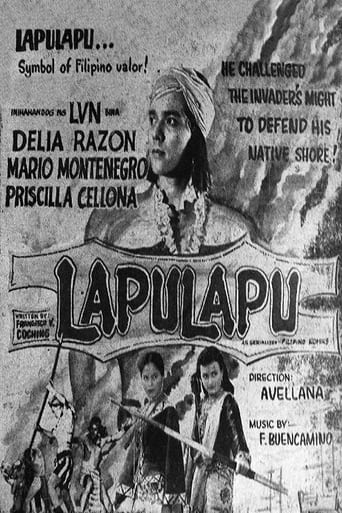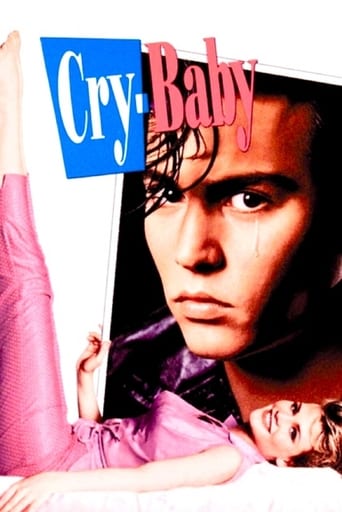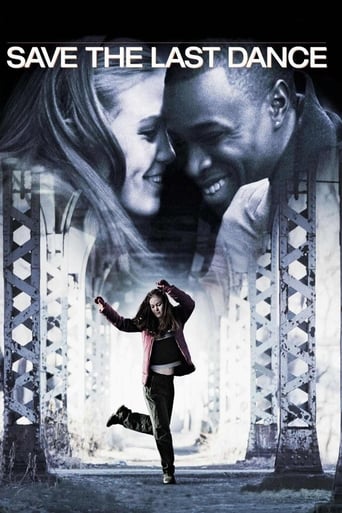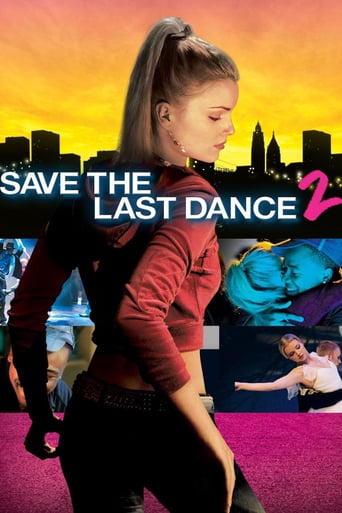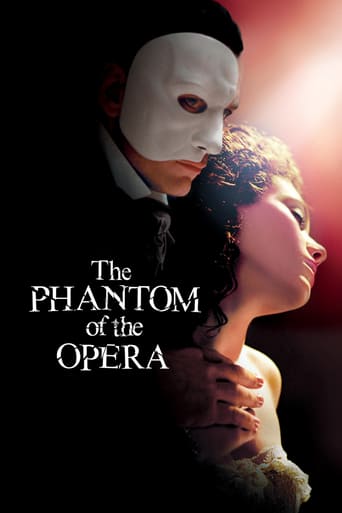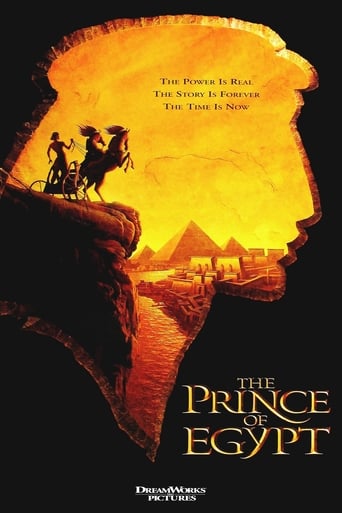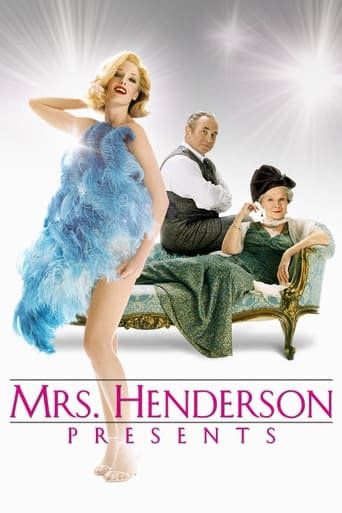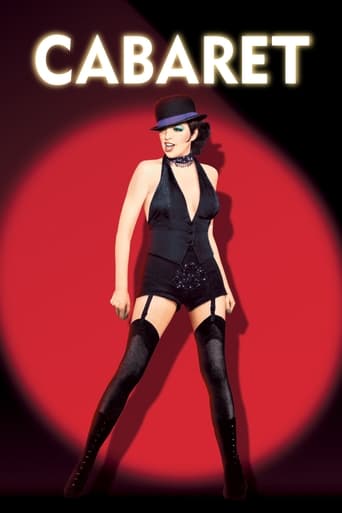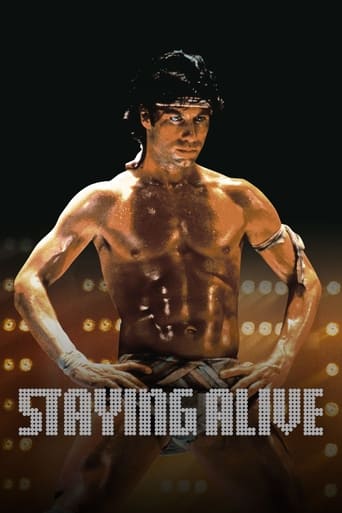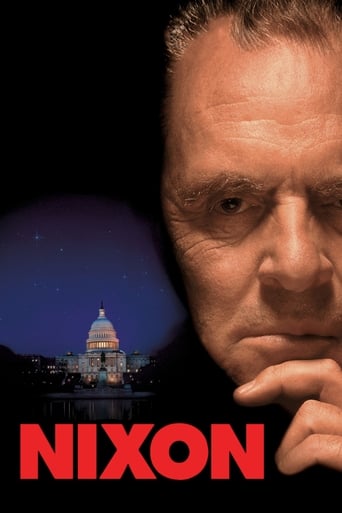Night and Day (1946)
Swellegant and elegant. Delux and delovely. Cole Porter was the most sophisticated name in 20th-century songwriting. And to play him on screen, Hollywood chose debonair icon Cary Grant. Grant stars for the first time in color in this fanciful biopic. Alexis Smith plays Linda, whose serendipitous meetings with Porter lead to a meeting at the alter. More than 20 of his songs grace this tail of triumph and tragedy, with Grant lending is amiable voice to "You're the Top", "Night and Day" and more. Monty Woolley, a Yale contemporary of Porter, portrays himself. And Jane Wyman, Mary Martin, Eve Arden and others provide vocals and verve. Lights down. Curtain up. Showtune standards embraced by generations are yours to enjoy in "Night and Day."
Watch Trailer
Cast


Similar titles
Reviews
To criticize this movie for glossing over Cole Porter's homosexuality is very naive. If you expect a biopic made in 1946 to be a truthful, out-of-the-closet version of Cole Porter's life, you either don't know much about American social history, or are living in an alternate universe. However, if you are a fan of Cole Porter's music, relax and enjoy this flick for what it is, namely a great Hollywood musical. If you accept the movie on those terms, you are in for a most enjoyable experience. As a musical "Night and Day" is in a class with the best of the genre: "Golddiggers of 1933," "Anchors Aweigh," "Bathing Beauty," "Singin' in the Rain," "The Band Wagon," etc. It is a treat to see and hear every great Porter tune rendered with the delightful kitsch that defined Hollywood musicals of that Classic Era
What a great movie! I'm sure I enjoyed it as much as I did, at least partially, because I appreciate Cole Porter music. This is a movie about the life of Cole Porter, and Cary Grant (one of my favorite actors) is excellent in the lead role. There is a strong support cast, with terrific singing and dancing. Mary Martin plays herself with a great performance in a small role. The colors are brilliant in the sets and costumes. I see this production as an excellent example of the modern musical film. Porter's music is the outstanding highlight. Although the script is mostly fiction, not the true story of Porter's life, the film is outstanding. I expect to watch this movie fairly often.
"Night and Day" is part of "Cary Grant: The Signature Collection," a five-DVD boxed set, the other four films being "Mr. Blandings Builds His Dream House" (1948), "The Bachelor and the Bobby-Soxer" (1947), "My Favorite Wife" (1940), and "Destination Tokyo" (1943). Given my musical background, I figured that "Night and Day" (a biographical film of one of the world's favorite composers/songwriters: Cole Porter) would be my personal favorite of the five; instead, it turned out to be the film I liked the least. True, it has the look of a multi-million-dollar Technicolor production, featuring many favorite Cole Porter standards such as "I Get a Kick Out of You," "What Is This Thing Called Love?", "Just One of Those Things," "I've Got You Under My Skin," and, of course, "Night and Day." But there are a few major flaws with this movie. Most notably, the various prolonged lavish production numbers cause this two-hour picture to drag considerably. Plus, it is my understanding that the events in this pictorial biography of Cole Porter could hardly be deemed accurate. To top it off, Cary Grant (one of my favorite actors) was a curious choice to play the role of the great composer. Question is, does he indeed FIT that role? Hard for me to tell, but he at least plays the part with his usual charm and suavity. The story of Cole Porter, as depicted in this movie, traces through his final year at Yale as he neglects his law studies, to the consternation of his grandfather; his early struggles as a composer, including a show that closed after one performance because of the sinking of the Lusitania; his getting wounded in action during the First World War while writing his popular "Begin the Beguine"; his writing of "Night and Day" in seclusion (influenced by rain and a grandfather clock) while being nursed by the woman who would eventually become his wife, Linda Lee (Alexis Smith); his eventual successes with show after show after show, to the detriment of his marriage; his losing the use of both legs from a fall off a horse; and his valedictory performance back at Yale.Despite the film's weaknesses, "Night and Day" contains quite a few memorable scenes, all of them musical. Cole's close friend, Yale law professor Monty Woolley (playing himself), summons Cole from playing piano in a theatrical show to rush back to the Yale campus and lead the singing of his "Bulldog Song" at a football rally. At a rehearsal hall owned by the pompous Wilowski (Sig Ruman), Cole and his friend Gracie (Jane Wyman) perform a swinging arrangement of Cole's "Let's Do It (Let's Fall in Love)". The French star Gabrielle (a flashy role for Eve Arden) sings Cole's "I'm Unlucky at Gambling"; not much of a hit, but *I* think it's a catchy tune. One of the more humorous scenes in the picture involves Monty singing/reciting Cole's "Miss Otis Regrets" for a couple of theatrical producers (one of them played by Alan Hale). At a sheet music store, Cole and his friend Carole (Ginny Simms) perform "What Is This Thing Called Love?", which generates quite an auspicious response from the customers. Cary Grant actually lends his own voice to Cole's singing/playing of his "You're the Top" with Carole. And finally, when Cole returns to Yale to perform a most beautiful rendition of "Night and Day" with an orchestra and a male choir, he is quite surprised to see Linda in the audience after a lengthy separation; Cary Grant again lends his own voice to the very soft "You, you, you" lyric during the introductory verse, and before the piece ends, Cole and Linda step outside and, without a word spoken, embrace.
Warner Brothers must have pumped a lot of cash into this production. It's splashy, moves quickly, and has beaucoup musical numbers. I wish it had somehow all paid off.Cary Grant was at his peak here in 1946, but he looks too old to be a Yalie. He doesn't look OLD. He never looked old, even when he was old, just as he never looked boyish. He seemed to just reach middle adulthood and stay there for fifty years.That wouldn't necessarily be a problem but he's not only the central figure but he's in every scene except the musical numbers, and he's in some of them too with his faux tenor, his vibrato making the walls tremble. Nobody else is of much significance. Monty Wooley should be funny, and perhaps he was in 1946, when beards were oddities. Alexis Smith looks glorious in glorious Technicolor.The film itself is almost a musical review, with episodes from somebody's fantasy of Cole Porter's escapades stuck in between. It's kind of an interesting problem. Porter wrote both music and lyrics, and some of them are playful ("You're the Top") and others blue-hued in their melancholy ("In the Still of the Night"). So why doesn't it play? What's the difference between this and, say, "Singin' in the Rain," given that this film has a more dramatic element. For one thing, there's no dancing to speak of here. One number, "I've Got You Under My Skin" is clumsily choreographed, the dancer seeming to practice her yoga mudrahs, a kind of manual of hands. It's okay when a musical lacks believability. Who believed any of Fred and Ginger's plots? What it lacks is exuberance.Porter's involvement in World War I (that's 1914 to 1918, kids) is romanticized. He gets the idea of "Begin the Beguine" from listening to shell bursts or something -- well, listening to what appear to be Morroccan troops humming in the gloomy night like darkies anyway. Somehow the film links his later, disabling riding accident to his wounds in the war and presents it in the most sentimentalized of ways. I mean, the guy is like FDR struggling to the stage to make his first speech. His homosexuality of course isn't even hinted at. But the writing is pretty careless throughout. The audience loses track of what the year is or what the name of the play is.Well, not to put the production down too much. The songs we hear are Porter's most popular and sophisticated, and they're popular for good reason. Porter was one of a dozen or so marvelous composers and lyricists who made the American stage blossom in the 30 years from 1925 to 1955. What a gang! Irving Berlin, another outstanding composer/lyricist of the period, couldn't even read music or play the piano except in one key! The music alone makes the movie worth watching once. Will someone explain to me what's happened to American vernacular music?

